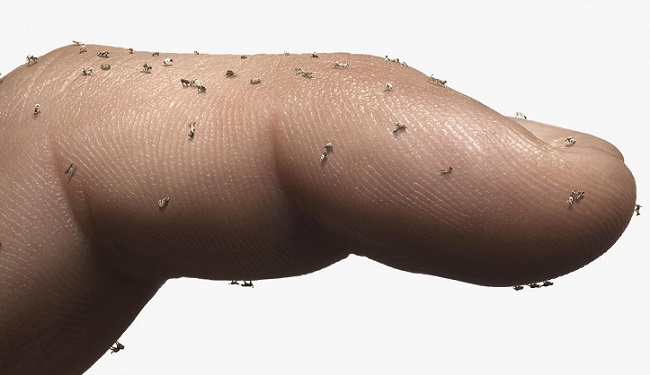Are you surprised that it took 40 years of study by the FDA to conclude that there’s no evidence that common anti-bacterial soaps prevent the spread of germs?
Washington’s hands have been dirty for at least that amount of time.
Wasn’t there an easier way to do this? They could have done the testing in one ‘washing’.
Scientist #1 “Bob, wash your dirty hands with this anti-bacterial soap. I want to see something”
Bob, “Wait a minute; they’re still dirty.”
Scientist #1 “OK, let’s move on and not waste the taxpayers money.”
Later that week…..
Head of FDA, “I’ve just received a note from the soap lobby. They want to fund another study. This one will show there’s no correlation between special interests and our studies.
Also, we seem to have a scientist who isn’t spending enough money. Next year our budget will be cut. He’s out of here. Bring in a political appointee.”
Does the word ‘antibacterial’ make you feel safe? Not really, according to experts at the Food and Drug Administration.
“There is no evidence that over-the-counter antibacterial products are any more effective at preventing illness than washing with plain soap and water”, says Colleen Rogers, Ph.D., a lead microbiologist at FDA. “I’ve looked really hard into my microscope and saw things that would turn your hair white. By the way, germs are icky.”
“A little dirt is good for you” says FDA’s Harvey Schmutzik, head of the ‘Things we can’t see with the naked eye’ department, “We ate dirt as children and it didn’t kill us, now that we’re older they’re feeding us crap like ‘sneeze into your sleeve.’ We’ll need more than soap to get that stuff ‘out’.
Under a proposed rule released Monday, the agency will require manufacturers to prove that anti-bacterial soaps are safe and more effective than plain soap and water.
Products that are not shown to be safe and effective by late 2016 would have to be re-packaged and sent to Central America or Africa.
